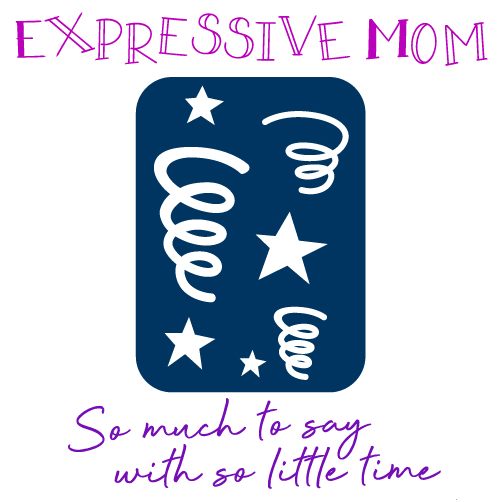Most pet owners can agree that their dog is more than just a furry friend—it’s a member of the family! Our pups rely on us for love, care, and attention, and in exchange, they give us their unconditional devotion. Keeping your pooch healthy means understanding its breed, prioritizing its mental well-being, nourishing it, and respecting its boundaries. Delve into the top four tips for keeping your family dog happy and healthy.
Understand the Breed
A dog is a perfect addition to any family. One of the top things to consider when getting a dog is the breed and its unique characteristics. Understanding the breed’s temperament, energy level, and potential health issues is essential in providing proper care. Dogs such as labrador retrievers or golden retrievers are perfect for a family because of their affectionate and gentle nature.
Care for Its Mental Well-Being
All dogs require regular mental stimulation and exercise to prevent boredom. After all, societies originally domesticated dogs to fulfill specific tasks, such as retrieving, hunting, and guarding. Today’s canines still possess these instincts and need to do activities that stimulate their minds, such as obedience training, puzzle toys, and interactive games.
Raising a family can get busy, but your dog’s health shouldn’t go on the back burner. If you’re always on the go, consider putting your pup in doggy daycare at least once a week so that it can socialize with other canines and burn off some energy.
Pro Tip
In addition to keeping your pooch entertained, doggie daycare can help with separation anxiety. This makes daycare an ideal option for owners who have to leave their pups alone for extended periods.
Nourish It Properly
Another tip for keeping your family dog happy and healthy is to feed your dog a healthy diet. While feeding your dog kibble is the easiest and most cost-effective option, it may not always provide the best nutrition. However, adding healthy toppers can make dry dog food more nutritious for your pet.
Most dogs can eat healthy foods, such as:
- Eggs
- Salmon
- Chicken
- Strawberries
- Blueberries
- Carrots
Feeding these foods to your dog nourishes its body with essential vitamins and minerals. Keep in mind that you should consult your vet before introducing any new food to your dog’s diet. Some foods can be toxic to dogs, and some canines have allergies to specific foods, such as chicken.
Respect Its Boundaries
Everyone in the household should know and respect your dog’s boundaries. If you have young children, teach them in an age-appropriate manner how to read your dog’s body language and understand when it wants space. For example, your child shouldn’t pet your pup as it eats, as this can lead to food aggression in some canines.
Knowing how to help your kids interact with the family dog keeps everyone safe. Constantly crossing a dog’s boundaries or not giving it enough space can lead to fear or aggression. Remind your child to be gentle with the pooch and give it space when needed.
A Bonus
When you and your family respect your dog’s boundaries, your pup is more likely to trust you. This allows you to build a loving and healthy relationship with your furry friend.



Connect With Me !